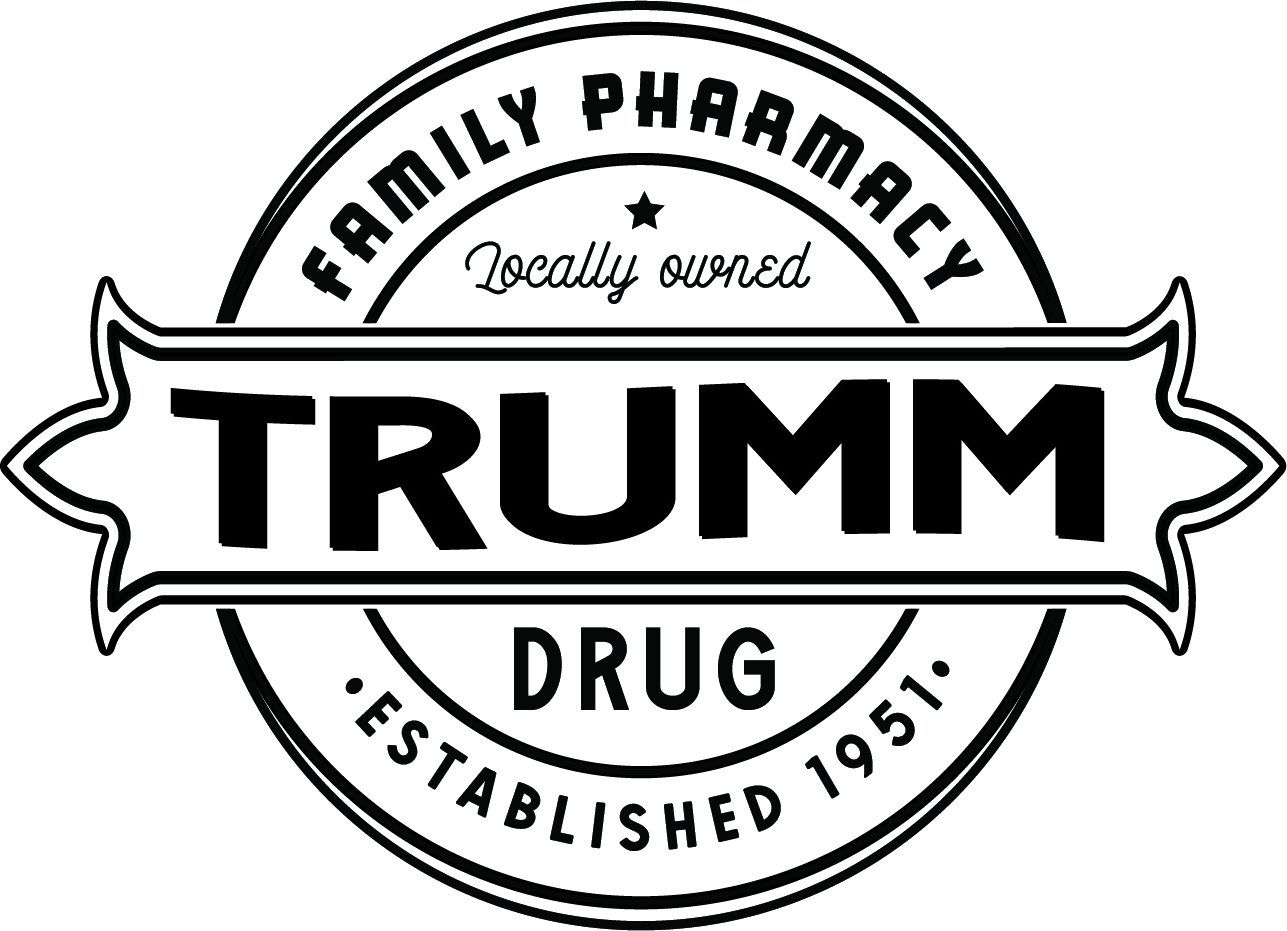October 2016 Pharmacy News
The Best Way to Avoid the Flu is Vaccination
The best way to avoid catching the flu is to get vaccinated annually, according to experts. Getting the flu shot protects individuals against the aches, fever and congestion related with the disease, but can protect those who are at a higher risk of flu-related complications. “Every year, people die from influenza,” said Cindy Weston, an assistant professor of nursing at Texas A&M University. “After sizable outbreaks, people will respond with large amounts of vaccinations, but they should be getting vaccinated every year to protect those most vulnerable, mainly children and the elderly.” HealthDay
Opioid Abuse Costs U.S. Economy $78.5 Billion Annually: CDC
The abuse of powerful opioid painkillers is costing the U.S. economy $78.5 billion per year, according to research from the CDC published in Medical Care. Researchers determined the financial toll of opioid abuse by analyzing related healthcare costs, lost productivity and criminal justice costs. “The costs that we can identify, however, do help increase our understanding of the impact of the epidemic … These estimates can assist decision makers in understanding the magnitude of adverse health outcomes associated with prescription opioid use such as overdose, abuse and dependence,” the study authors said. HealthDay
FDA Competition Seeks to Make Naloxone More Widely Available
The FDA launched a naloxone app competition focused on developing a mobile phone application that connects opioid users experiencing an overdose with nearby carriers of the prescription drug naloxone, the antidote for opioid overdose. Teams and individuals who want to participate in the competition have until Oct. 7 to register. FDA
FDA OKs New Low-Dose Appetite Suppressant
The FDA approved KVK Tech’s Lomaira (phentermine hydrochloride USP 8 mg tablets), a low-dose version of a medication used to suppress appetite in adults with a body mass index of 30 or more. “We developed Lomaira with this dosing flexibility and affordability in mind,” stated Anthony Tabasso, president and chief executive officer at KVK Tech. KVK Tech
Five Million Older Americans Are Not Taking BP Meds As Directed
Some 5 million Medicare Part D enrollees aged 65 and older do not take their blood pressure medications properly, according to a Vital Signs report from the CDC. This improper use increases their risk of heart disease, stroke, kidney disease and death. “A simple action can avoid potentially deadly consequences: take your blood pressure medicine as prescribed,” said CDC Director Tom Frieden. Healthcare systems — including doctors, nurses, pharmacists, community health workers, practices, hospitals, and insurers — can play a key role in improving blood pressure control nationwide. CDC
‘Superlice’ Resist Most OTC Remedies
“Superlice” are becoming more prevalent across the country, and a new report argues many over-the-counter (OTC) products are losing their effectiveness against the resistant pest, according to a report published Pediatric Dermatology. “The failure rate of these products has increased dramatically in many areas of the U.S. This leads to increased cost, days missed from work and school, and frustration among our patients,” said lead author Dr. Ellen Koch. The report found that prescription products are still effective against the superlice.” HealthDay
Widespread Use of Psychotherapeutic Drugs Provides Ample Supply for Abuse
Nearly half of all Americans take prescription painkillers, tranquilizers, stimulants or sedatives, according to a federal survey. Researchers argue this ample supply could help to explain why so many Americans end up misusing or abusing them. The National Survey on Drug Use found that 119 million Americans aged 12 and over took prescription psychotherapeutic drugs, representing 45% of the total population. NPR
Rate of Uninsured People in U.S. Hits Historic Low
The percentage of uninsured people in the U.S. reached a record low in early 2016, according to the National Health Interview Survey. The survey found 8.6% of respondents were without health coverage, down from 16% at the outset of the Affordable Care Act in 2010. The survey showed that at the beginning of 2016, 1.3 million fewer people lacked health insurance than in 2015. CNBC
FDA Bans 19 Chemicals Used in Antibacterial Soaps
The FDA is banning the use of several common ingredients in antibacterial soaps and washes, stating that the products that contain them are no more effective than conventional soap and water in preventing illness and may pose health risks. The rule applies to 19 active ingredients, including the most common, triclosan and triclocarban, in liquid soaps, bar soaps and other items. Manufacturers will have one year to remove the ingredients or take them off the market, the agency said. RAPS
